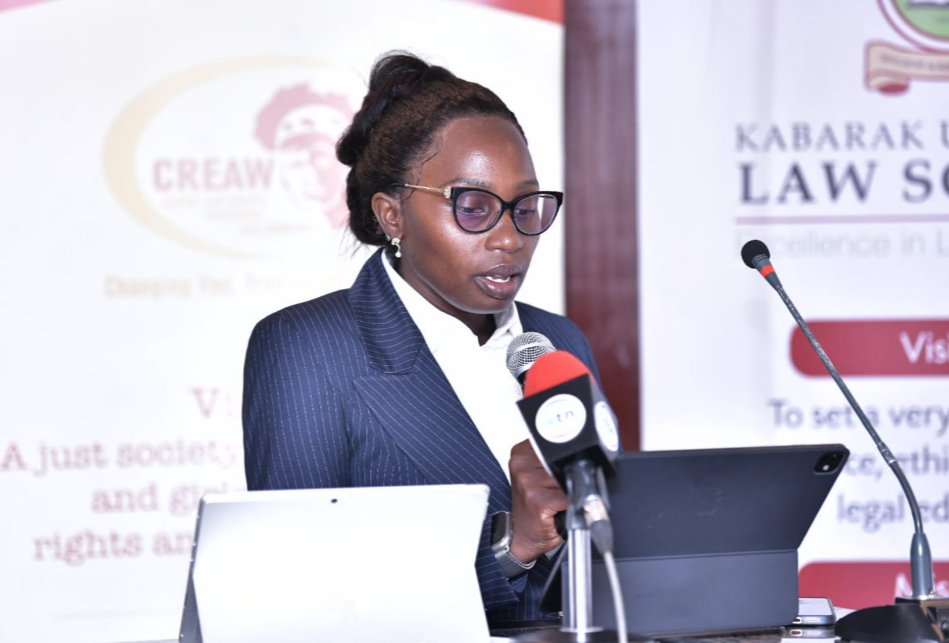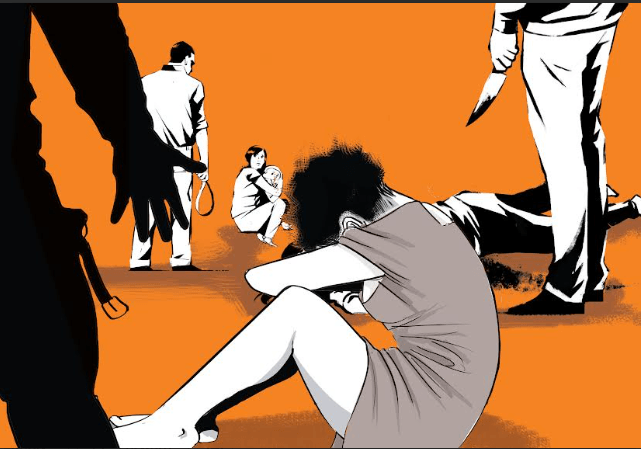

The International Commission of Jurists–Kenya (ICJ-Kenya) and the Law Society of Kenya (LSK) say that, 15 years later, the promise of the Constitution remains largely unfulfilled.
The two organisations said there has been a systematic undermining of key provisions of the Constitution, particularly those meant to hold powerful institutions and individuals accountable.
ICJ-Kenya Executive Director Erick Mukoya and LSK President Faith Odhiambo said establishment forces, determined to maintain the status quo, continue to undermine the aspirations of the 2010 Constitution.
They spoke on Wednesday at Kabarak Law School during the commemoration of the inaugural Katiba Day, an event organised to reflect on the progress, promises, and challenges of Kenya’s constitutional journey.
Odhiambo said the Bill of Rights was the cornerstone of the 2010 Constitution, yet 15 years later, the written text remains far removed from the lived realities of many Kenyans.
“For many ordinary Kenyans, the Bill of Rights still feels like a promissory note that the state has not cashed,” she said.
“When a mother dies in childbirth for lack of adequate medical care, when a graduate languishes in unemployment, when a whistleblower fears for their life, we are reminded that rights must be more than words on paper."
Mukoya said that despite constitutional safeguards, court orders are still disobeyed by powerful government officials and that the independence of the judiciary remains under threat.
“The judiciary is constantly threatened and ‘revisited’ in more ways than one,” he said.
He further argued that the legislature, once envisioned as a powerful check on the executive, has instead been reduced to a rubber stamp.
“Members have sold their ideological philosophies, if any, manifestoes, if any and social contract notes, if any, to blatant sycophancy, financial favours, and political powers,” he said.
Mukoya also criticised what he described as the grip on independent institutions.
He decried the unsustainable public wage bill, which he said benefits a small number of people, while services meant for the public continue to suffer.
“What is privilege when minimum wage is about Sh10,000, and the average is Sh76,000 compared to the salaries of public officials?” he asked.
“What is privilege when social security in health does not resonate with Article 43, yet legislators elected at the stroke of our ballot access high-end infirmaries? What is privilege when the earnings of an average person cannot lift them out of slums?”
Dr. Stefanie Rothenberger of the Konrad-Adenauer-Stiftung’s Rule of Law Programme for Sub-Saharan Africa said the Constitution is a living document, but one that requires pragmatism, consistency, and political will for full implementation.


















